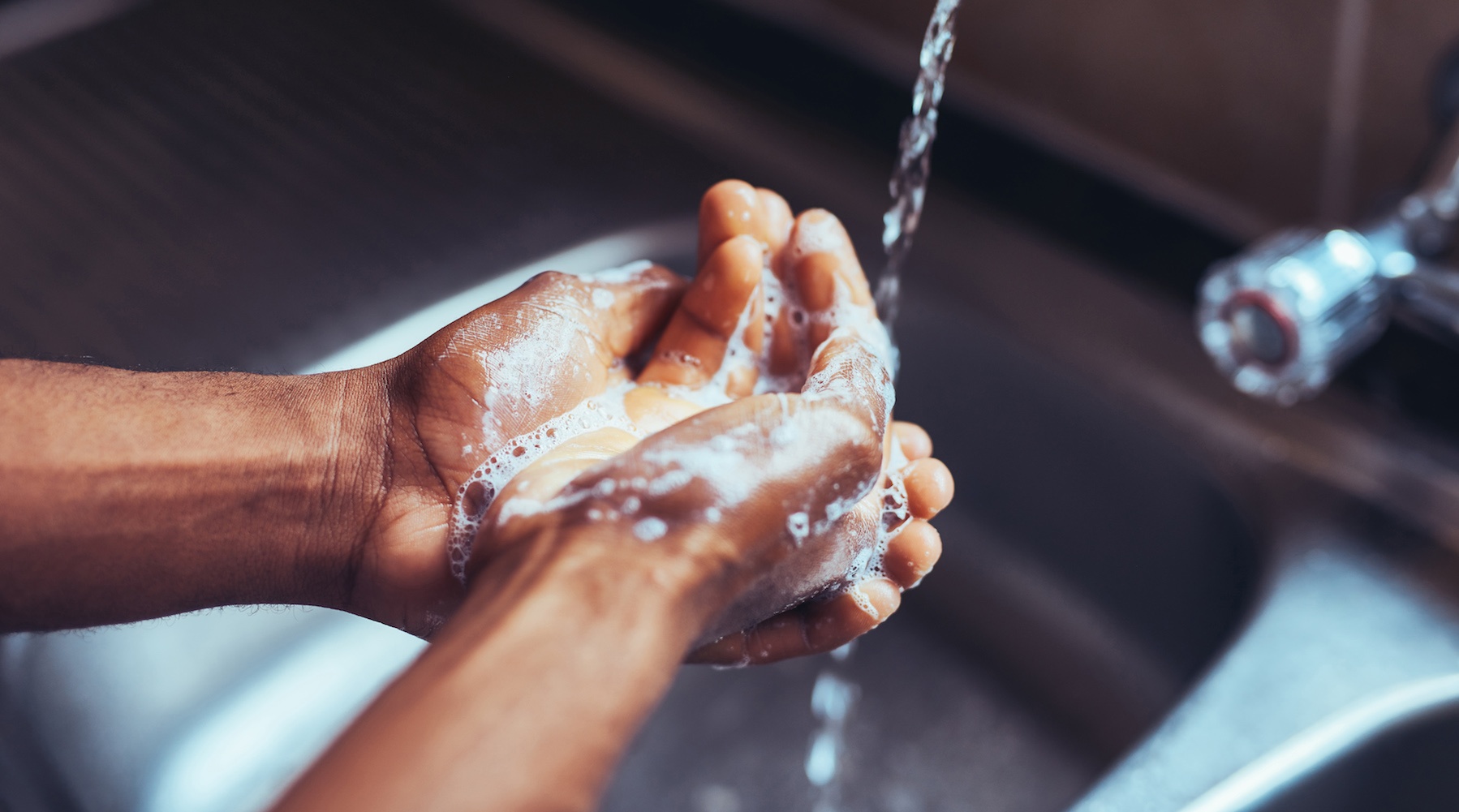When did the Covid-19 outbreak become real to you?
For many Oklahomans, that happened Wednesday night, when the Thunder called off the game against the Utah Jazz only moments before tip-off. In short order, the NBA confirmed that a Jazz player had tested positive for the virus and postponed the remainder of the season.
Since that time, coronavirus-related developments have continued to cascade. Local universities moved to virtual classes. New state cases have been confirmed. Oklahoma City Public Schools canceled classes. And, no doubt, much more since I wrote this column.
Amid all of this breaking news, the public has, understandably, voiced great concern about this emerging health threat. So, let’s take a look at what works — and what doesn’t — to protect ourselves from the new coronavirus.
Washing hands
The coronavirus spreads in droplets of mucus and saliva. While this can happen by direct transmission through a cough or sneeze, it also occurs indirectly.
Indirect spread can start when an infected person leaves droplets on a hard surface like a door handle or stair rail. When you put your hands on that rail or handle, you pick up that droplet and the viral particles lurking inside.
Because the virus can live for hours outside a host, if you then touch your eyes, nose or mouth, you can infect yourself. Unless, of course, you’ve disinfected your hands before that moment.
Washing your hands with soap and hot water for 20 seconds is the most effective way to rid them of the COVID-19 virus and other germs. Hand sanitizer with more than 60% alcohol also kills the virus; to ensure that the sanitizer has completely done its job, let your hands dry completely before touching food (or, if you have to, your face).
Fidget spinners
Because our hands can pick up the COVID-19 virus anywhere, another great way to protect ourselves is to avoid touching our faces. But easier said than done, right?
Well, if you give your hands something else to do — a bouncy ball, a rubber band, even an infernal fidget spinner — it will help curb that face-touching instinct.
Elbow bumps
If you don’t want to pick up what somebody else might be carrying on their hands, don’t shake them. Instead, try an elbow bump, a foot tap or a bow.
I personally like the Vulcan salute devised by the late, great Leonard Nimoy. For all we know, he was anticipating this pandemic when he raised his right hand, spread his fingers in a V, and said, “Live long and prosper.”
Surgical masks
Other than the specialized masks known as N95 respirators, surgical masks have not been shown to be effective at protecting uninfected people from the virus.
Surgical masks were not developed to protect surgeons from patients’ germs; they were developed to protect patients from surgeons’ germs. Keeping this in mind, though, it’s not surprising to note that masks can still serve one essential function in this outbreak: They can stop infected people from spreading their droplets to healthy folks in their midst.
A flu shot
While an influenza vaccination can protect you against seasonal influenza, it won’t provide you with any immunity against the COVID-19 coronavirus. Likewise, because a type of bacteria causes pneumococcal pneumonia, that vaccine is not protective against the new virus.
Social distancing
If you can give yourself a buffer zone of about 6 feet from others, you’ll vastly reduce your chances of getting infected, either directly or indirectly.
Of course, it’s much easier to give yourself space when you’re not in a venue packed with other people. These days, such events have become pretty rare. But even in a four-person meeting, providing everybody with a little breathing room can — literally — help stop the spread of the virus.
Closing schools
While very few children appear to be falling ill, they can still contract and spread the virus. Schools have a well-earned reputation for being hotbeds of communicable disease because, well, kids don’t wash their hands unless forced, touch each other a lot, and spend a lot of time in tight quarters.
Closing schools can serve as an effective means of preventing the passage of a communicable disease around the community. Even though children may not be symptomatic, they can bring the virus home and pass it to parents, grandparents and others.
Why is any of this important?
COVID-19 is highly transmissible, and it seems to be spreading like wildfire. So, you might ask, why don’t we just let everyone get infected and get this thing over with?
Well, because slowing its spread means saving lives.
First, if everyone gets infected at once, it will overwhelm our healthcare system. It appears that supportive hospital care — oxygen, fluids — save lives in severe cases of COVID-19. But for this to work, we need to have an adequate supply of doctors, nurses, hospital beds and ventilators. So, we can’t let demand (the number of patients) eclipse our medical resources.
Also, we’re currently developing a vaccine and testing any number of different therapeutic approaches. Every day, week or month that we slow the spread of the illness represents a greater chance that we’ll find a medical solution to help allay this pandemic.



